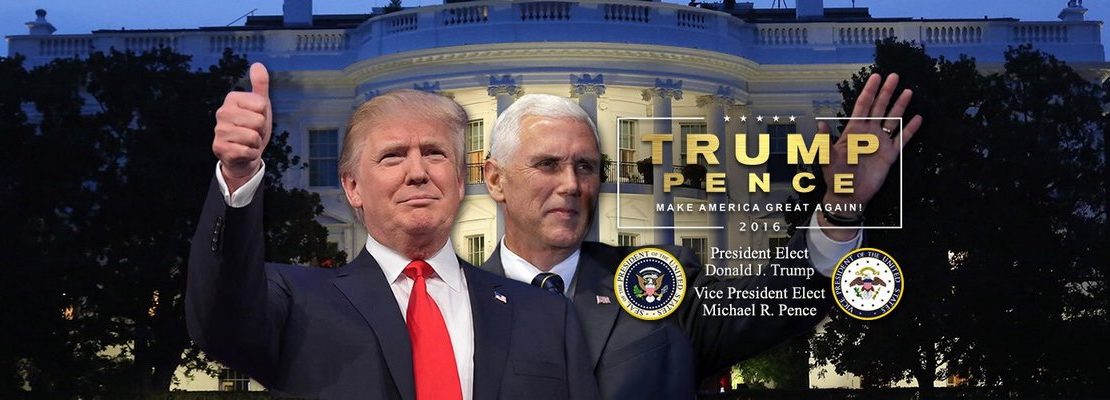- April 20, 2017
- Category: News

US president Donald Trump’s latest executive order takes aim at companies – mainly Indian IT suppliers – that use immigrant labour in the US on visas for highly skilled workers.
But his rhetoric about reducing the number of immigrant workers might have little effect in reducing the attractiveness of using offshore IT staff in the US.
Although nothing has changed, Trump’s order will see US government agencies look at ways to reduce the number of immigrant workers in the country. This is part of Trump’s election campaign promise to encourage US organisations to hire more US citizens.
HS-B1 visas, which were designed for highly skilled workers, are used by IT suppliers with customers in the US to bring staff into the country. Many of these workers are IT professionals from India and work for companies such as TCS, Infosys, Cognizant and Wipro.
But despite the visas being aimed at highly skilled workers, figures from the US Department of Labor show that about 80% of workers in the US on these visas are not highly skilled.
Trump said: “Right now, H-1B visas are awarded in a totally random lottery – and that’s wrong. Instead, they should be given to the most skilled and highest- paid applicants and they should never, ever be used to replace Americans.”
Businesses have used such visas and their UK equivalent, the intra-company transfer (ICT), to bring staff to the UK from offshore locations, mainly India. These workers come in as part of an outsourcing project and spend a period of time in the UK to learn a job before it is transferred offshore.
ICT visas are awarded to companies if they have a UK presence, which most IT service providers do.
It is not beyond the realms of possibility in the current political climate – and with an imminent UK general election – that negative public perceptions of immigration might be used by politicians to garner support.
Like Trump, UK politicians could promise to clamp down on the use of offshore workers to win favour with the electorate. As the Brexit vote has shown, immigration, and the perception that non-UK citizens are taking UK jobs, is an important subject in elections, and such policies would affect IT suppliers and their customers.
Last November, Gartner analyst Arup Roy said the global IT services sector would be hit by Trump’s protectionist policies, with India-based suppliers likely to be hit the hardest.
He warned them to “brace for further troubled times ahead” and to forget about double-digit sales revenue growth in 2017. “Trump’s protectionist views would have a further dampening effect on growth prospects if the views were to crystallise into serious policy implementations,” said Roy.
However, it could now be too late for these policies to have much impact.
Speaking to Computer Weekly in November 2016, Ashish Gupta, European head at HCL, said Indian suppliers faced short-term challenges following Trump’s election and the UK’s decision to leave the European Union.
Deeply entrenched
He said this situation would have hit Indian firms hard if it had happened 10 years ago, but today these companies are deeply entrenched in western enterprises and have invested heavily in the countries where their customers are. For example, 65% of HCL staff in the US are US citizens.
Also, customers are no longer required to bring staff into their parent countries. Large global businesses headquartered in the UK and the US have extensive global delivery networks, with hubs across the world. India has huge campuses housing many hundreds of thousands of staff working for these global companies.
Today, if these companies want to access skills in countries such as India, they just need to hire them there, where they can be part of a global network. Trump’s plan might lead to more businesses establishing a presence in countries such as India, and companies that are already there might increase their staff numbers.
Peter Schumacher, CEO at management consultancy the Value Leadership Group, said Trump’s statements were contentious and made headlines, but “represent more rhetoric than action”.
“The recent announcements draw attention to enforcing what is already given, in cracking down on fraud and stricter enforcement,” he said.
“From the customer perspective, these H-1B visa announcements are almost a non-issue. From the supplier perspective, compliance and operational costs may increase only slightly. They do not create a new impediment to the global services sector.”
